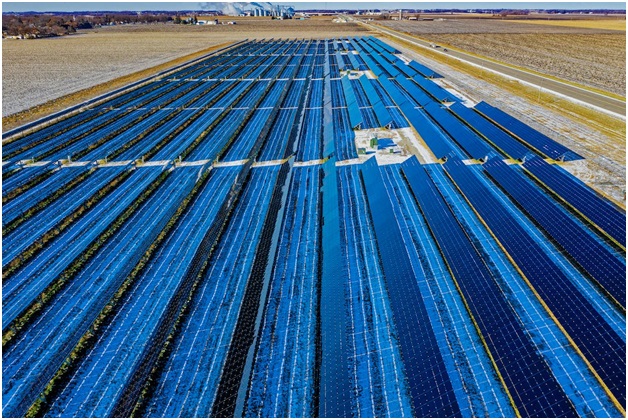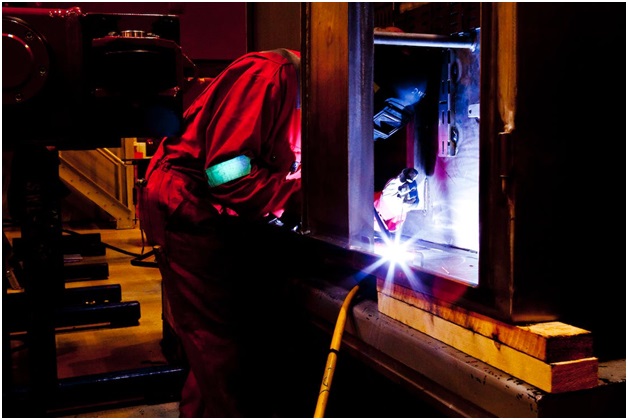
When it comes to welding cable, there are a lot of questions that many people have. From what it is and what it is used for, to how to choose the right welding cable for the job, there is a lot to consider. In this blog post, we’ll answer some of the most frequently asked questions (FAQs) about welding cable.
What is Welding Cable?
Welding cable is a type of electrical cable that is used for connecting welding machines to their power sources. It is made from many small, thin strands of copper or aluminum wire that are insulated with a rubber or plastic coating. The insulation is designed to protect the wire from heat and sparks generated during the welding process. The high strand count helps ensure that the welding cable remains flexible. Flexible welding cable is designed to be both pliable and durable, and it is often used in industrial and commercial welding applications.
What is Welding Cable Used For?
Welding cable is used to connect welding machines to their power supplies. It is also used for connecting electrode holders and ground clamps to the power source. The cable is designed to be flexible and durable, and it can withstand the heat and sparks generated during the welding process. As it is flexible and often abrasion resistant, it is ideal for use in industrial environments.
Why Must Welding Cable Be Made Flexible?
It is important to use highly flexible welding cable because often, welding needs to be done in situ. This could take place outside in the elements, or in the tightly sheltered recesses of a steel subframe or structure. Getting the welder and his equipment in such locations can be difficult, so welding cable is manufactured with a high degree of flexibility.
Can Welding Cable Be Used as Battery Cable?
Welding cable can be used as battery cable provided the intended usage falls within the voltage rating and other specifications of the wire. In fact, welding cable is so commonly used as battery wire and automotive starters that welding cables are often made with black and red insulation that corresponds to negative and positive leads.
Can Welding Cable Be Used in a Marine Environment?
Welding cable should only be used in marine applications if it is oil and water-resistant and considered “marine grade.” Marine-grade wire, like welding cable, is made with a high conductor strand count that guarantees flexibility, but marine-grade wire is also made with individually-tinned conductors that resist corrosion. If non-marine-grade welding cable is used in a marine environment, wherever the insulation is stripped and the bare copper conductors exposed, the connections will be at greater risk of corrosion.
Can Welding Cable Be Used as Solar (PV) Wire?
Welding cable is often used as solar (PV or photovoltaic) wire, but it should only be used in these situations if it meets the requirements for the application. Solar wire must also be resistant to ozone and UV light, as they are used outdoors.

How Do I Choose the Right Welding Cable?
When selecting a welding cable, you need to consider a few factors. First, you need to determine the length of the cable you need. You also need to consider the voltage and amperage requirements of the welding machine. Finally, you need to consider the type of insulation you need for the welding cable. This will depend on the type of welding you are doing and the temperature and environment in which you will be operating.
What Are the Different Types of Welding Cable?
There are several different types of welding cable available. The most common types are EPDM, silicone, and PVC. EPDM is the most common type of insulation used, as it is highly resistant to heat, oil, and abrasion. Silicone insulation is also used, as it is highly flexible and resistant to high temperatures. PVC insulation is the least expensive option, but it is not as durable as the other two types.

What Is Welding Cable Made from?
Welding cable is most commonly made with many fine, thinly stranded copper conductors and then encased in an abrasion-resistant rubber insulation. EPDM, or ethylene propylene diene monomer, is commonly used as welding cable insulation. Our flexible welding cables, for instance, are made with this rubber, which is abrasion-resistant, has excellent weather resistance, is highly flexible, and is resistant to ozone and UV.
What Are the Advantages of Using Welding Cable?
Welding cable is highly flexible, durable, and resistant to heat and sparks. This makes it ideal for industrial and commercial welding applications. It is also easy to install and can be used in a variety of temperatures and environments.
